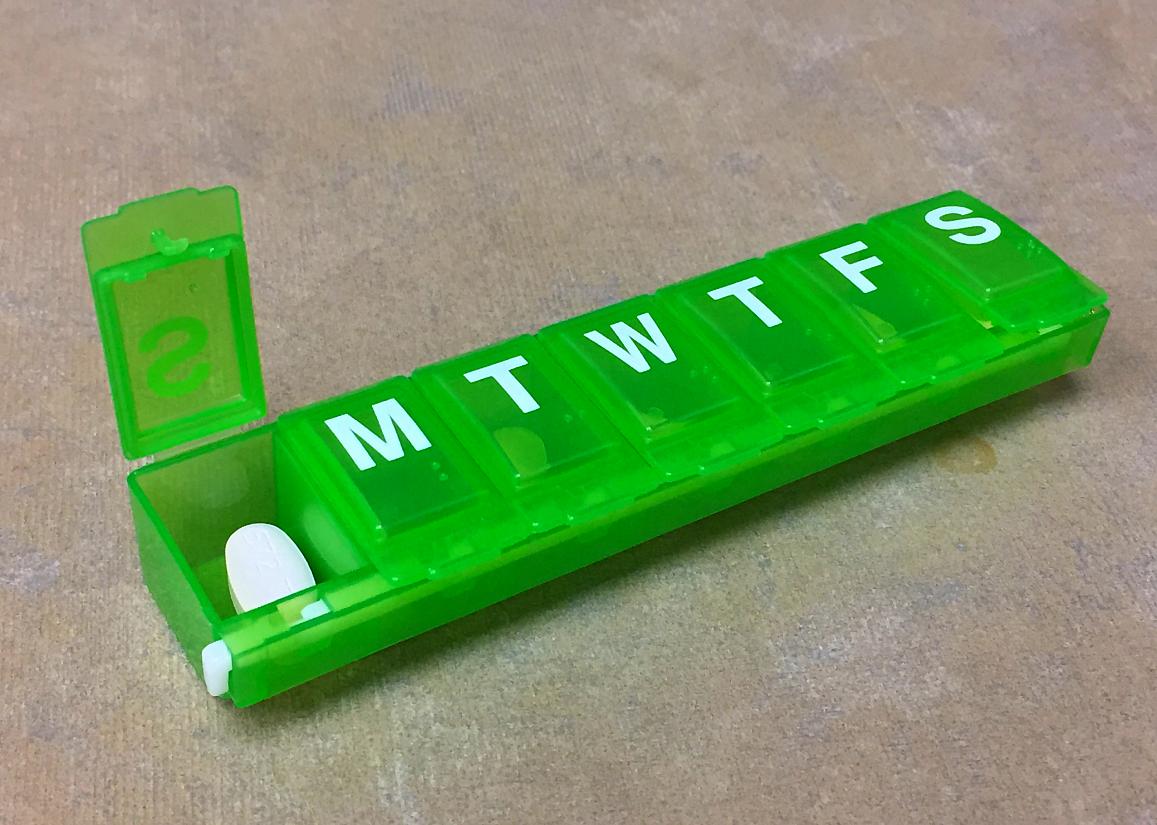NIH study supports use of short-term HIV treatment interruption in clinical trials
Findings may aid design of trials to assess strategies to control HIV without drugs.
A short-term pause in HIV treatment during a carefully monitored clinical trial does not lead to lasting expansion of the HIV reservoir nor cause irreversible damage to the immune system, new findings suggest.
Antiretroviral therapy (ART) benefits the health of people living with HIV, prolongs their lives and prevents transmission of the virus to others. If taken daily as directed, ART can reduce viral load — the amount of HIV in the blood — to levels that are undetectable with standard tests. However, the virus remains dormant in a small number of immune cells, and people living with HIV must take ART daily to keep the virus suppressed. If a person with ART-suppressed HIV stops taking medication, viral load will almost invariably rebound to high levels.
Researchers are working to develop therapeutic strategies to induce sustained ART-free remission — the absence of viral rebound following discontinuation of ART. Clinical trials to assess the efficacy of such experimental therapies may require participants to temporarily stop taking ART, an approach known as analytical treatment interruption, or ATI.
This page was last updated on Friday, January 21, 2022
